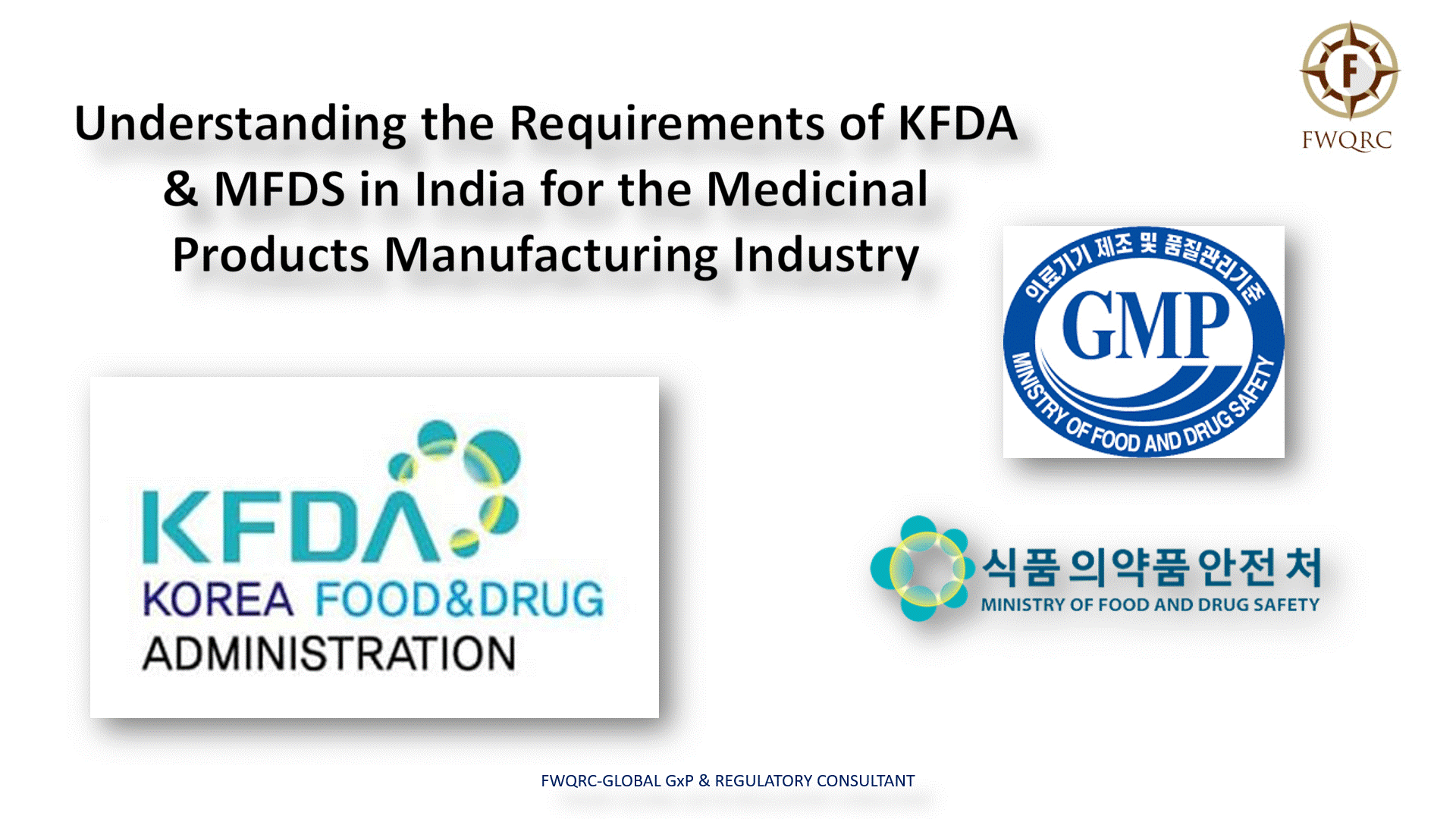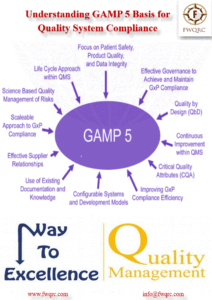The Korea Food and Drug Administration (KFDA), now known as the Ministry of Food and Drug Safety (MFDS), is the regulatory body responsible for ensuring the safety and efficacy of drugs and medical devices in Korea. As the Korean market expands its global reach, understanding the requirements of the KFDA and MFDS becomes crucial for businesses operating in India, particularly in the medicinal products manufacturing industry. This blog post aims to provide a comprehensive overview of these requirements.
Regulatory Requirements for Medicinal Products
The regulatory requirements for medicinal products are rigorous and include testing, clinical trials, quality control measures, and regulatory approvals by agencies like CDSCO in India and MFDS in South Korea. These steps are crucial to protect public health and ensure that the medicinal products meet established standards before they are made available to patients.
Medical Device Regulations
Medical device manufacturers must comply with Korean Good Manufacturing Practice (KGMP) standards. These standards cover various manufacturing processes, including production standards, quality assurance, hygiene control, storage maintenance, and training procedures. The MFDS verifies compliance with these specifications through on-site inspections.
Classification of Medical Devices
Medical devices are classified into four categories based on risk:
1.Class I – Low Risk
2.Class II – Medium Risk
3.Class III – Medium High Risk
4.Class IV – High Risk
Each class has its unique registration pathway. For instance, Class I devices require a Pre-Market Notification, which includes basic device information. Most Class I devices are exempt from technical review and KGMP certification procedures
Role of In-Country Caretaker (ICC)
If a company does not have a local office in South Korea, it must appoint a Korea In-Country Caretaker (ICC) based in Korea to manage the medical device registration with the MFDS.
Regulatory Requirements for Medicinal Products
The regulatory requirements for medicinal products are rigorous and include testing, clinical trials, quality control measures, and regulatory approvals by agencies like CDSCO in India and MFDS in South Korea. These steps are crucial to protect public health and ensure that the medicinal products meet established standards before they are made available to patients.
Conclusion
Navigating the regulatory landscape of the KFDA and MFDS can be complex due to its increasingly strict requirements. However, understanding these requirements is essential for businesses seeking to expand their operations in Korea. By adhering to these regulations, businesses can ensure the safety and efficacy of their products, thereby gaining the trust of their consumers and achieving success in the Korean market.
Our consultancy services are designed to help you navigate these complex regulatory landscapes. We offer guidance on KGMP standards, assistance with medical device classification and registration, and support in meeting the regulatory requirements for medicinal products. Our team of experts is committed to ensuring your business’s compliance with KFDA and MFDS regulations, thereby helping you expand your operations in the Korean market.
Please feel free to reach out (info@fwqrc.com) if you have any questions or need further information. We look forward to assisting you in your journey towards regulatory compliance and business success in Korea.
#food #drugs #cosmetics #medicaldevices #kfda #mfds #gmp #auditing #gapanalysis #riskmanagement #capa #remedialmeasures #riskassessment #leadauditor #irca #trendingnow #trendingposts #trendingnews #regulatoryservices #qualityconsultingservices




